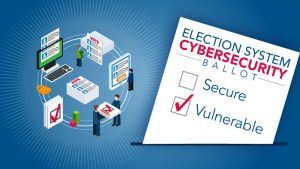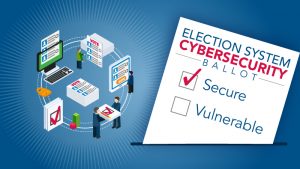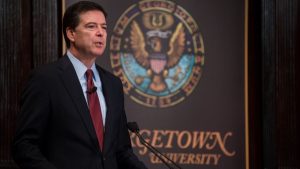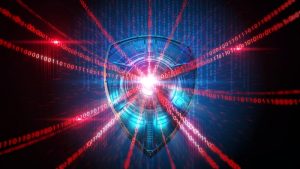It wouldn’t be very hard for a hacker to access U.S. election systems, according to a recent report by the Institute for Critical Infrastructure Technology, titled “Hacking Elections is Easy.” “Every four years, during the presidential election, the same stories re-emerge acknowledging that the e-voting systems are vulnerable to the same old attacks, without any change in the security or oversight of the systems,” James Scott and Drew Spaniel write in the report.
Despite hacks against the Democratic National Committee, the Democratic Congressional Campaign Committee, and the Arizona and Illinois voter databases, many state and industry officials feel confident in the security of elections systems in the upcoming election.
Two men from North Carolina were arrested Thursday on charges related to their alleged roles in hacking the computers of several senior government officials and government computer systems, according to the Department of Justice.
Acquiring cybersecurity workers for the Federal government is a matter of stealing from other entities, according to FBI Director James Comey. However, state and local governments are also actively involved in this talent grab.
A day after news broke that the FBI had detected hacks on two state Board of Election sites in July and August, FBI Director James Comey said the agency takes election cybersecurity “very seriously.”
The Department of Homeland security has expanded its Continuous Diagnostics and Mitigation Tools Blanket Purchase Agreement with the inclusion of Imperva’s Web application and database firewalls.
Jane Holl Lute, the former deputy secretary of Homeland Security, is scheduled to provide a Tech Talk at the Symantec Government Symposium on Aug. 30 in Washington, D.C. MeriTalk caught up with Lute, who agreed to offer her thoughts on the evolving struggle between privacy and security, and a preview of her presentation.
The interconnectedness of the energy sector presents both increased challenges and potential, according to panelists at an Institute for Critical Infrastructure Technology briefing. “The energy sector is clearly the backbone of all 16 critical infrastructures,” said Jay Williams of Parsons.
Due to a lack of adequate resources, many health care providers are falling far behind in their cybersecurity practices, according to data in the 2016 HIMSS Cybersecurity Survey.
Cybercriminals have become more sophisticated–going beyond mere ransomware to destruction of files, database internals, and complete systems, according to a July 2016 white paper published by EMC. That’s why EMC officials recommend a new type of security called a layered data protection strategy.














